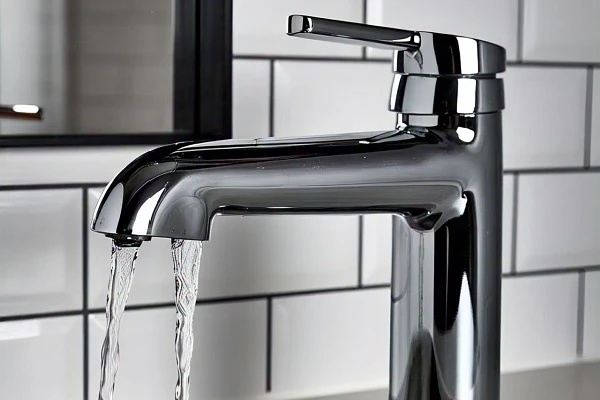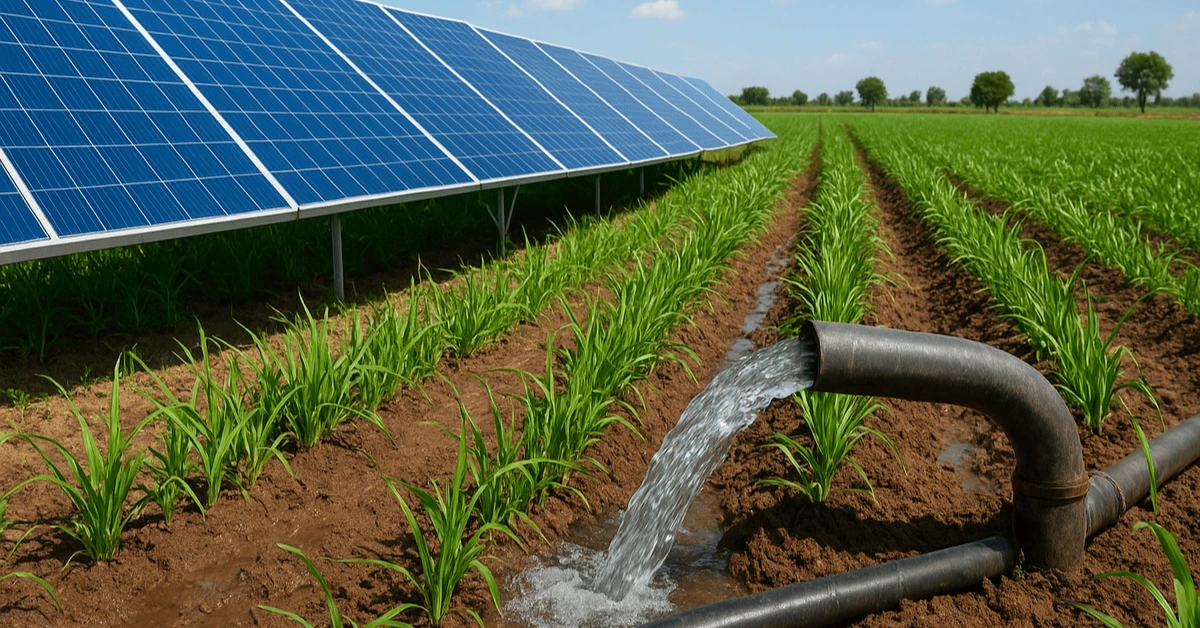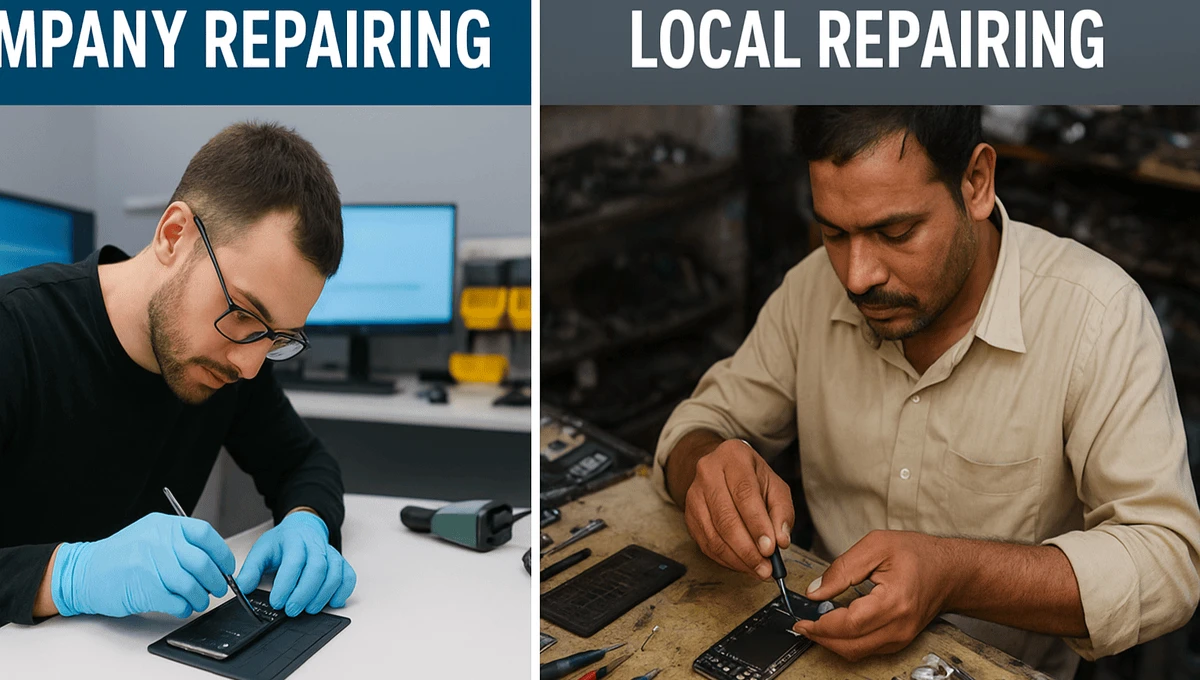Last Updated: July 4, 2025
The $10 Trillion Water Industry No One Talks About — Until It’s Too Late

More valuable than oil, more vital than tech — yet dangerously overlooked. The global water industry has ballooned into a $10 trillion behemoth, quietly powering economies and conflicts alike. From Wall Street to war zones, water is no longer just a necessity. It’s the world’s most under-the-radar asset — and it’s under siege.
The Silent Billion-Dollar Flow
Spanning utilities, agriculture, sanitation, bottled water, and infrastructure, the water economy is everywhere. It fuels crops, cools data centers, and hydrates billions — yet remains largely unregulated, and deeply vulnerable to exploitation. What’s worse? The public barely notices until taps run dry or prices spike.
Who Really Owns Water Now?
Corporations now manage water supplies once deemed public assets. Global giants like Nestlé, Veolia, and Suez have turned local sources into private profits. The backlash is growing — from Detroit to Lagos — as residents find themselves paying steep rates for water once drawn freely from the ground.
Water Wars Are No Longer Metaphor
The UN warns of massive water shortages by 2025, impacting two-thirds of the global population. Already, conflicts in India, Ethiopia, and the Middle East are escalating over river access and dam control. Climate change only accelerates this crisis. In tomorrow’s wars, bullets may be fired over blue gold.
Wall Street Smells Opportunity
In 2020, water futures began trading on financial markets. Investors now speculate on the price of water — just like oil or wheat. Billionaires are acquiring farmland and aquifers not for crops, but for water rights. Activists warn this could create a world where access to water is no longer a right, but a privilege bought and sold.
Yes, This Impacts You
Even in high-income nations, water is no longer a guarantee. U.S. cities like Jackson and Baltimore are facing crumbling pipes and toxic supply lines. Across Europe and Asia, drought and overuse are drying up rivers and reservoirs. Meanwhile, bottled water industries rake in hundreds of billions annually — for something that should be free.
Technology to the Rescue?
Innovators are fighting back. AI systems now detect leaks before pipes burst. Solar-powered desalination is turning seawater into drinkable water. Israel recycles 90% of its wastewater, the highest in the world. But these solutions need scale — and funding — fast.
Grassroots Revolt
Citizens are pushing back. Cities like Paris and Buenos Aires have re-nationalized water systems. UN declarations now define clean water as a human right. Community-led models are emerging, where water is managed locally and fairly. But the clock is ticking — and private interests aren’t backing down.
Conclusion: The Flood of Greed
The water industry is no longer invisible. It’s the foundation of life — and a battlefield for power and profit. If we don’t act now, access to water could become the greatest inequality of the 21st century. The time to care isn’t when the tap runs dry. It’s today.

